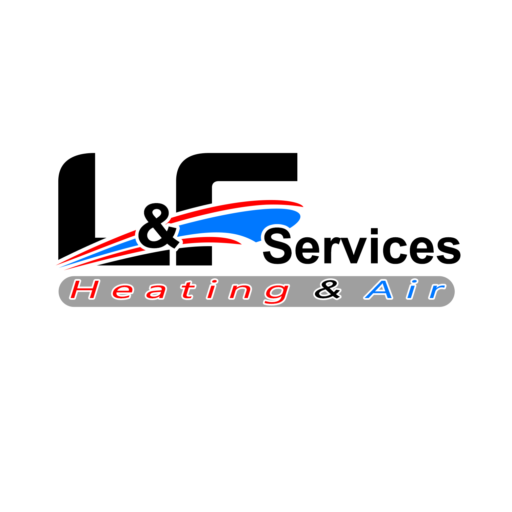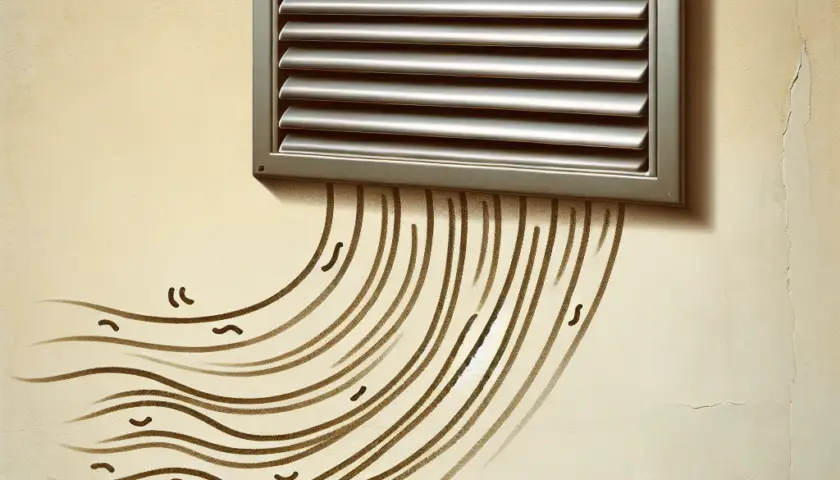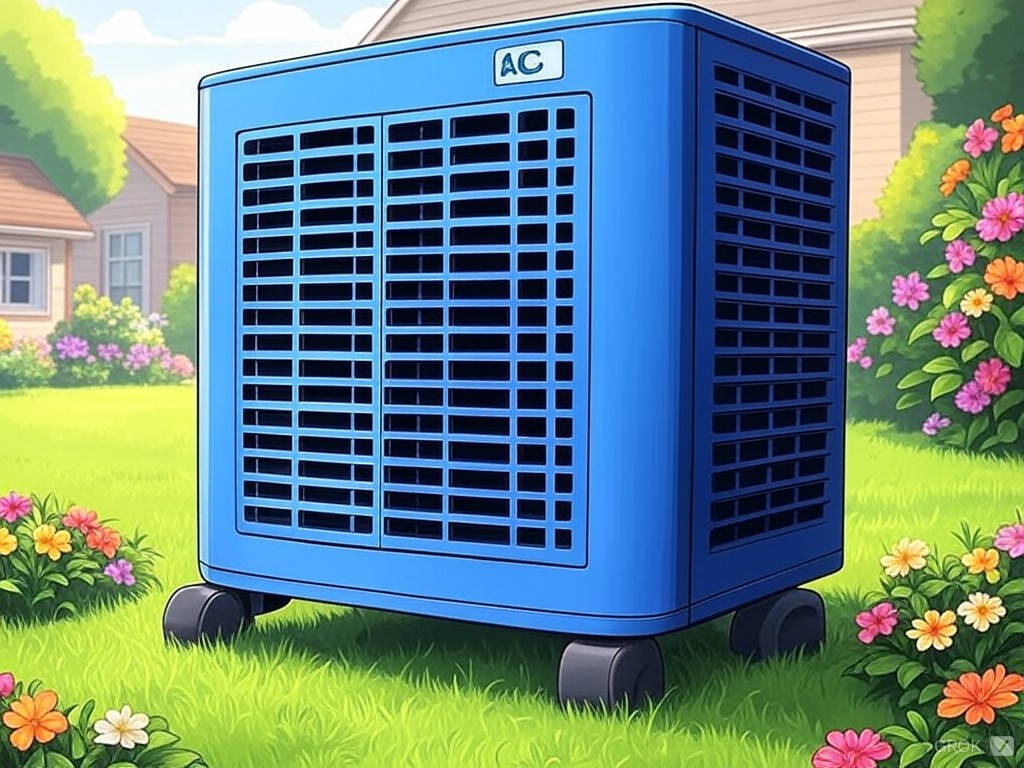When your air conditioner starts blowing hot air, it can be incredibly frustrating, especially on a sweltering summer day. Understanding why your AC is malfunctioning and learning how to troubleshoot common issues can save you time and discomfort. In this article, we’ll delve into the reasons behind an air conditioner blowing hot air and provide practical solutions to get your cooling system back on track. Before you dive deeper into this article DIY solutions for your AC unit can be found here.
Common Reasons Your AC Blows Hot Air
Thermostat Settings
The first step in troubleshooting your air conditioner is to check the thermostat settings. Sometimes, the issue is as simple as the thermostat being set to the wrong mode. Ensure that it is set to “cool” and the temperature setting is lower than the current room temperature.
Power Issues
Another straightforward problem could be a power issue. Verify that your air conditioner is receiving power. Check the circuit breaker and ensure that the unit is properly plugged in. If the circuit breaker has tripped, reset it and see if that resolves the issue.
Problems with Airflow
Dirty Air Filters
Airflow problems are a frequent cause of an air conditioner blowing hot air. A dirty air filter can restrict airflow, making it difficult for the AC to cool the air effectively. Check your air filter and replace it if it appears clogged with dust and debris. Regularly changing air filters is essential for maintaining efficient AC performance.
Blocked Vents
Blocked vents can also lead to inadequate airflow. Ensure that all vents in your home are open and unobstructed by furniture or other objects. This allows for proper circulation of cool air throughout your living space.
Refrigerant Issues
Low Refrigerant Levels
Refrigerant is crucial for the cooling process in your AC unit. If your air conditioner is blowing warm air, it might be due to low refrigerant levels. This can happen if there is a leak in the system. Unfortunately, addressing refrigerant issues often requires a professional HVAC technician to locate and repair the leak and recharge the system.
Refrigerant Leaks
Refrigerant leaks are not only problematic for your AC’s efficiency but also harmful to the environment. If you suspect a refrigerant leak, it’s important to contact a professional to handle the situation safely and effectively.
Mechanical Problems
Faulty Compressor
The compressor is a vital component of your AC system. If the compressor fails, the air conditioner will struggle to cool the air, resulting in warm airflow. A faulty compressor usually requires professional repair or replacement.
Broken Condenser Fan
The condenser fan is responsible for dissipating heat from the refrigerant. If this fan is malfunctioning, the AC unit won’t cool the air properly. Check if the fan blades are damaged or if the motor has failed, and consult a technician for repairs if necessary.
Electrical Issues
Wiring Problems
Electrical issues, such as faulty wiring or damaged capacitors, can disrupt the normal operation of your AC unit. These problems can cause the system to malfunction or stop working altogether. It’s advisable to have a professional inspect and repair electrical components to ensure safety and proper function.
Faulty Capacitors
Capacitors are responsible for providing the initial boost of energy to start the motors in your AC unit. If a capacitor is faulty, it can prevent the system from starting or running effectively. Replacing a faulty capacitor often requires the expertise of a trained technician.
Preventative Maintenance Tips
Regular maintenance can help prevent many of the issues that cause an air conditioner to blow hot air. Here are some tips to keep your AC in top condition:
Schedule Routine Inspections
Having your AC unit inspected by a professional at least once a year can help identify potential problems before they become major issues. A technician can clean the unit, check for refrigerant leaks, and ensure all components are functioning properly.
Clean and Replace Filters Regularly
As mentioned earlier, clean air filters are essential for proper airflow. Depending on usage and environmental factors, air filters should be checked monthly and replaced every 1-3 months.
Keep Outdoor Units Clear
Ensure that the outdoor condenser unit is free from obstructions, such as leaves, grass, and debris. Keeping the area around the unit clear allows for proper heat dissipation and efficient operation.
Monitor Thermostat Performance
If your thermostat is old or malfunctioning, it might be time to replace it with a programmable or smart thermostat. These devices can improve efficiency by allowing you to set schedules and remotely control your home’s temperature.
When to Call a Professional
While some issues can be resolved with basic troubleshooting, others require the expertise of a professional HVAC technician. If you’ve checked the thermostat, ensured proper power supply, and cleaned or replaced air filters but your AC is still blowing warm air, it’s time to call a professional.
Technicians have the tools and knowledge to diagnose and repair complex issues, such as refrigerant leaks, compressor failures, and electrical problems. Regular maintenance and timely repairs can extend the lifespan of your air conditioning system and ensure it operates efficiently.
Conclusion
Dealing with an air conditioner blowing hot air can be a hassle, but understanding the potential causes and solutions can help you resolve the issue quickly. By maintaining your AC unit and addressing problems as they arise, you can keep your home cool and comfortable all summer long. If you’re unsure about any aspect of troubleshooting or repair, don’t hesitate to seek professional assistance to ensure your AC system remains in top condition. If you are looking for DIY fixes to your AC problems check here



